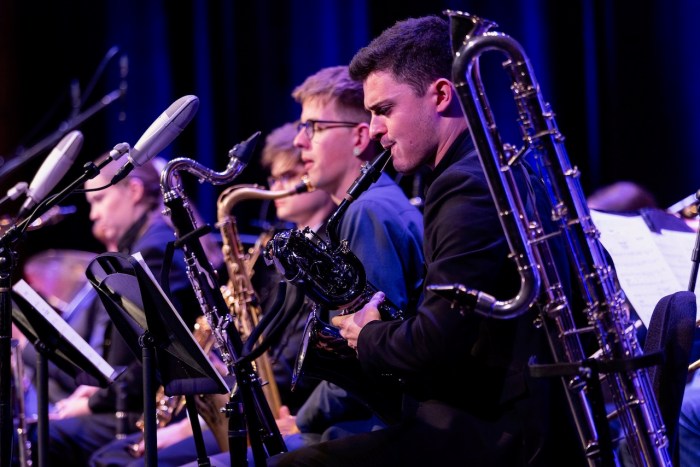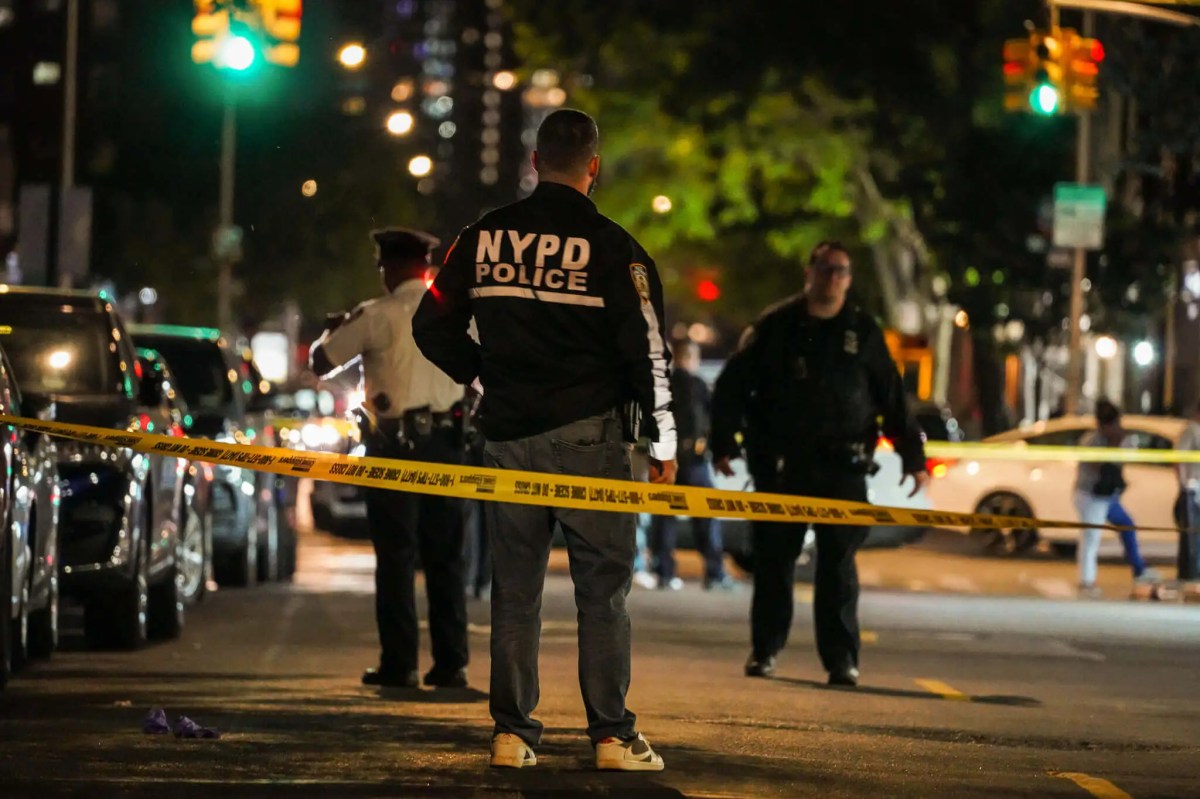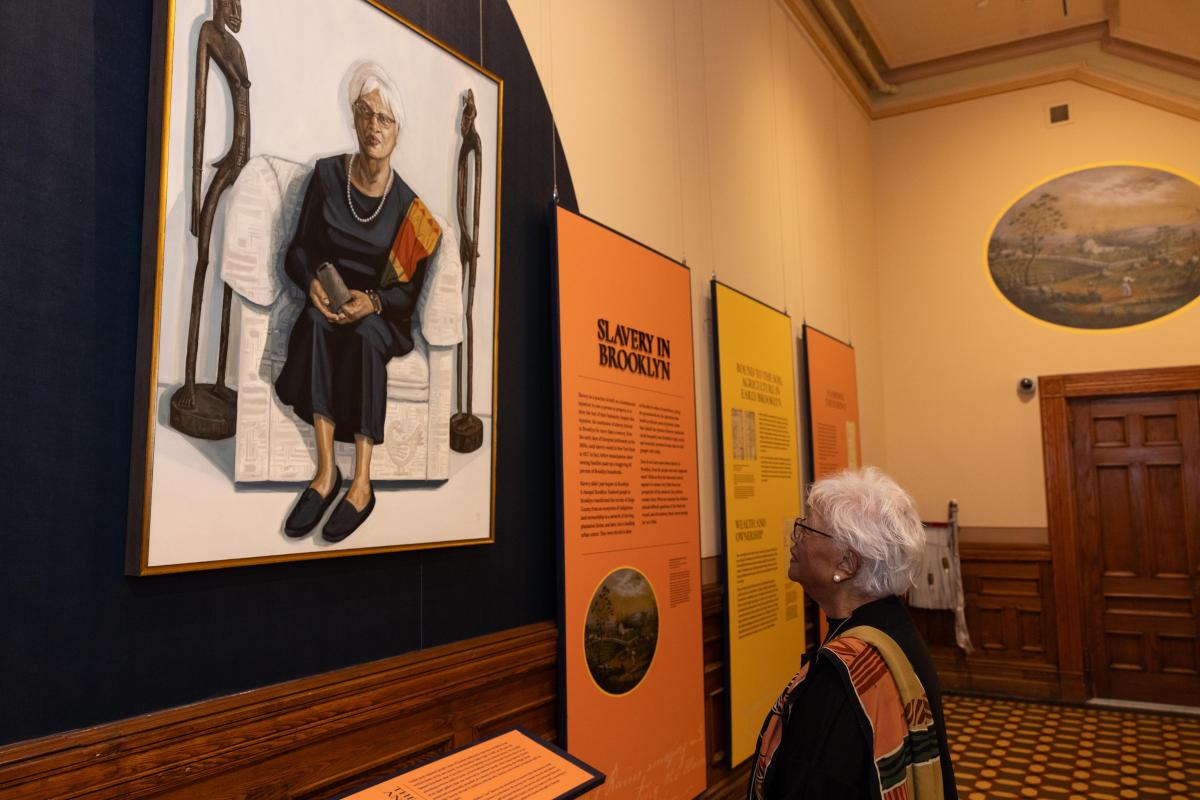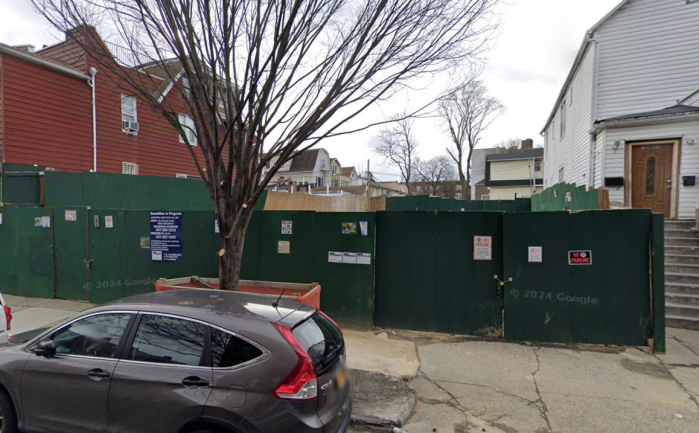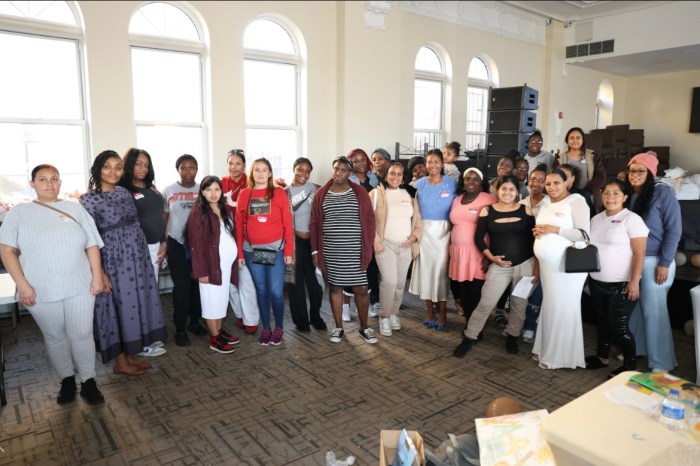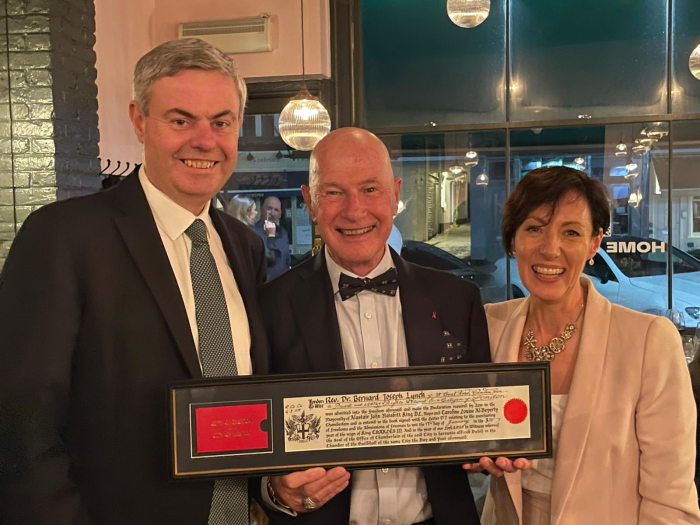Mayor Bill de Blasio is having a hard time keeping his promise of transparency.
His administration is appealing a State Supreme Court decision in April by Justice Peter Moulton that school leadership team meetings at public schools be open to the public. The city maintains that team deliberations don’t fall under the open-meetings law, and should not be open to the public or the media. Recently, the mayor ordered that requests to any city agency under the Freedom of Information Law be routed through his office.
The teams were founded in 1998, when Mayor Michael Bloomberg abolished elected school boards. Each NYC public school has a leadership team of elected parent and teacher representatives, as well as the principal, the teachers union representative and the PTA head. It meets monthly, advises the school on policy and helps craft budget and curriculum priorities.
Under de Blasio, the meetings began taking place behind closed doors. Some, including the advocacy group Class Size Matters and Public Advocate Letitia James, have joined a lawsuit to open them to the public.
De Blasio and Schools Chancellor Carmen Fariña are appealing the judge’s decision and refuse to abide by it, telling principals to keep the meetings closed. This sends a message that only parents and teachers need to care about what goes on in public schools.
But in his ruling, Moulton wrote, “The proper functioning of public schools is a public concern.”
As a recent leadership team member at my son’s elementary school, I agree. We would’ve welcomed the public and media to our meetings, which provided a valuable window on the challenges administrators face to provide a great education for NYC kids on a limited budget.
Observers also would’ve seen what a flawed substitute the teams are for representative democracy under mayoral control. As engaged as my team was, it didn’t make policy decisions. Those were made by the principal. The team was only consulted — at best.
The meetings should be open because they invite public discussion and the possibility of more democratic school governance.
Liza Featherstone lives and writes in Clinton Hill.




